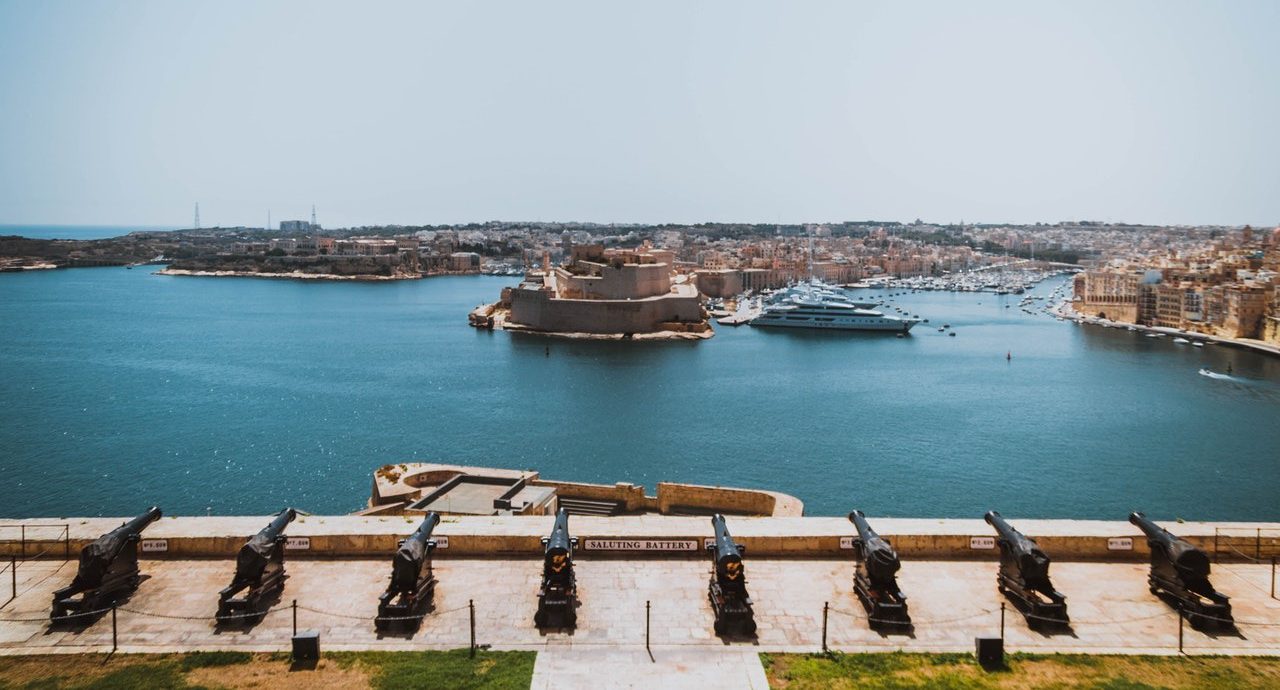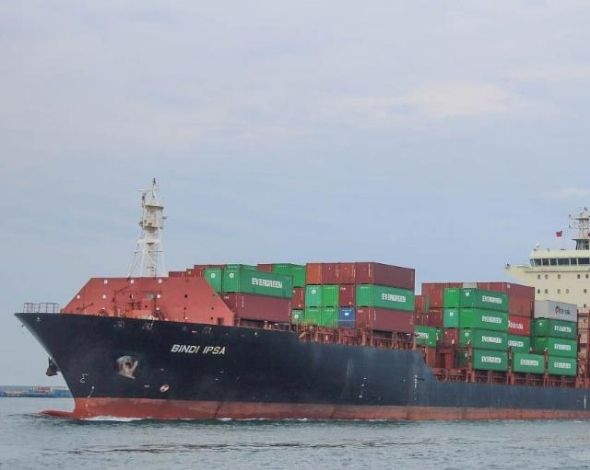Malta’s positive Moneyval assessment has been welcomed as “fantastic news” by stakeholders in industries that would have been most affected were Malta to become a grey-listed jurisdiction.
On Thursday morning, the Council of Europe’s Committee of Experts on the Evaluation of Anti-Money Laundering Measures and the Financing of Terrorism, Moneyval, released its long-awaited final report on Malta’s progress in the 40 recommendations laid down to improve its financial safeguards.
The report found Malta to be fully or largely compliant with all 40 recommendations, with a final assessment by the global Financial Action Task Force (FATF), expected later this year, now expected to be a positive one.
BusinessNow.mt reached out to professionals working in financial services, real estate, and gaming, which are among the sectors that have faced most scrutiny as the country buffed up its regulatory regime, to see their reactions to the report.
“It’s fantastic news for us, for everyone,” says Steve Mercieca, founder and owner of Zanzi Homes and QuickLets, adding that the result makes it “much easier to conduct business in a proper manner”.

Mr Mercieca says that Malta’s Financial Investigation and Analysis Unit (FIAU) has been “really pushing” on due diligence in the real estate sector.
“The due diligence we now go through is very vast and in depth,” he explains, crediting this for turning real estate into “a real profession, not like before.”
He adds that Malta’s compliance with the recommendations made by Moneyval will help attract investment and drive “the right people” to Malta.
Asked if he has witnessed any disruption to the sector over the prior two years, since Malta failed the Moneyval assessment in 2019, Mr Mercieca says he does not believe it had a dire effect.
“We haven’t really seen a downturn in foreign investors, and for us, we have grown loads over the last two years, so I wouldn’t say it really affected us.”
He points out that 2021 has so far been the best year Zanzi Homes and Quicklets have ever had, noting that these results were achieved even as the threat of grey-listing remained a concern.
Douglas Salt, company director at Frank Salt Real Estate, agrees that this was good news for all businesses operating in Malta, but disagrees that there was little impact on the real estate market on the last two years.

“We were seeing much fewer new entrants to the local market, and some who left,” he says. “Many were adopting a ‘wait and see’ approach.”
“We were finding it very hard to operate with the shadow of grey-listing hanging over Malta.”
He now looks forward to a steady return to normality from a business perspective, though he warned that this will not happen overnight, as “a lot of damage was done in the meantime”.
“Costs have been increasing year on year as regulations became tighter and tighter,” he says, noting that costs of compliance run from tens of thousands to over €100,000 for the larger real estate companies.
“These costs cannot be passed on to customers, so they’ve had a big effect on companies’ bottom line,” says Mr Salt.
Wayne Pisani, partner and head of regulatory, corporate and financial services at Grant Thornton, a professional services firm offering tax, audit and advisory services, says that, “It’s clear that the industry has risen to the occasion, and certainly got its act together”.

“The fact that we have no non-compliant or partially compliant ratings is obviously something we should be proud of,” he says.
He stressed that Malta now needs to maintain this high standard, and continue working in the right direction to attract more foreign direct investment, to continue contributing to job creation and “the success of the past”.
“We need to be fair on our country, not just the financial services industry, but the country as a whole in terms of giving merit where it’s due on this aspect,” he says.
Enrico Bradamante, chairman of iGEN, the iGaming European Network, describes the news as “very positive”.
He says that with the official confirmation that Malta had passed the assessment, which had previously been claimed in local media, he would now be “eagerly awaiting the second step” of the overall assessment, which will be an FATF review to be published in June.

Mr Bradamante also acknowledges that Malta would continue to be subject to “enhanced” monitoring, but said that this would be a good thing, and it is consistent with what the Prime Minister has previously said.
Asked whether it was time to start rebuilding Malta’s reputation, he said it “certainly” is. “The news helps people have more confidence in Malta as a country, and as a system, so yes, it’s definitely positive, including for the iGaming industry, just like every other industry in Malta”, he says.
The Remarkable Collective welcomes Joseph Bonanno
Strengthening strategy and compliance with seasoned leadership
Malta-flagged ship hit by missile in Strait of Hormuz en route to Saudi Arabia
The Safeen Prestige was hit by a missile off the coast of Oman
Dubai airport’s 48-hour shutdown could have cost up to $1 million per minute
The airport is one of the world’s busiest aviation hubs






